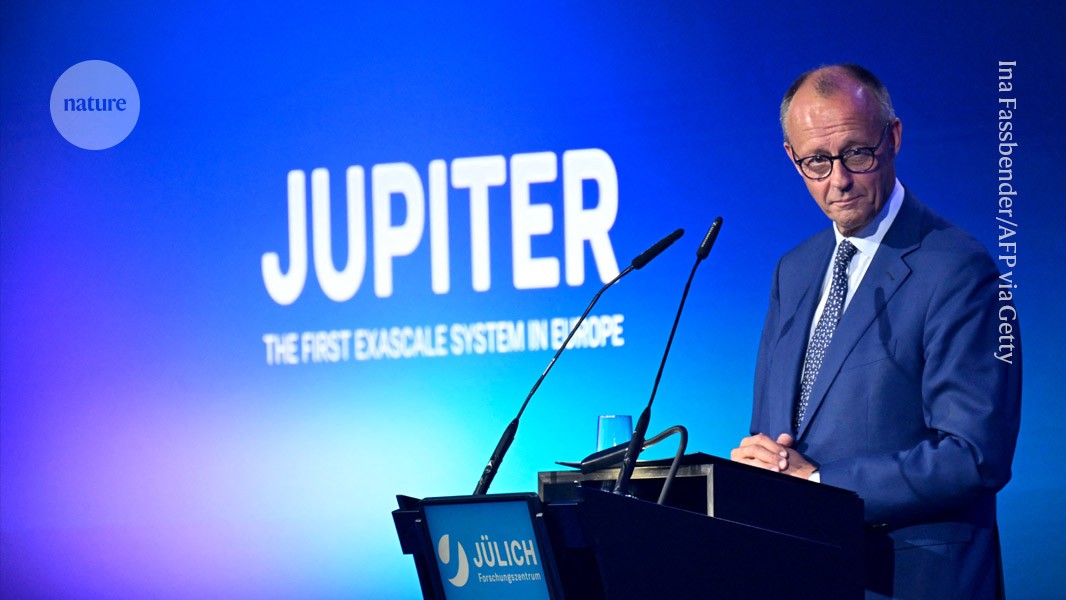
"As US and Chinese technology firms have competed in the race to be innovators in artificial intelligence (AI), Europe has fallen behind. But on 5 September, a European supercomputer called JUPITER officially reached the exascale threshold, a milestone in computing power. The device could boost European research. JUPITER is the fourth-fastest computer in the world. Having surpassed one quintillion (10 18) operations a second, it joins an exclusive league of exascale supercomputers."
"The milestone is "absolutely" a big deal for Europe, says Kirk Cameron, a computer scientist at Virginia Polytechnic Institute and State University (Virginia Tech) in Blacksburg, particularly with regards to AI and large language models (LLMs). "There's this race going on in the world of who will be the innovators in AI," he says. "It's taken a little bit to get [Europe] into the race. So it's really nice to see them making that progress.""
JUPITER reached the exascale threshold by surpassing one quintillion (10 18) operations per second, making it the fourth-fastest computer globally. The system is reported as 100% powered by renewable energy and ranks first in energy efficiency among supercomputers. JUPITER is intended to accelerate research in AI, weather modelling, astrophysics and biomedical fields by providing European researchers direct access to top-tier computing resources. The project has been in development since 2018, is funded by the European Commission and Germany, and is located at the Jülich science research centre. JUPITER booted up and performed its first computations in June.
Read at Nature
Unable to calculate read time
Collection
[
|
...
]